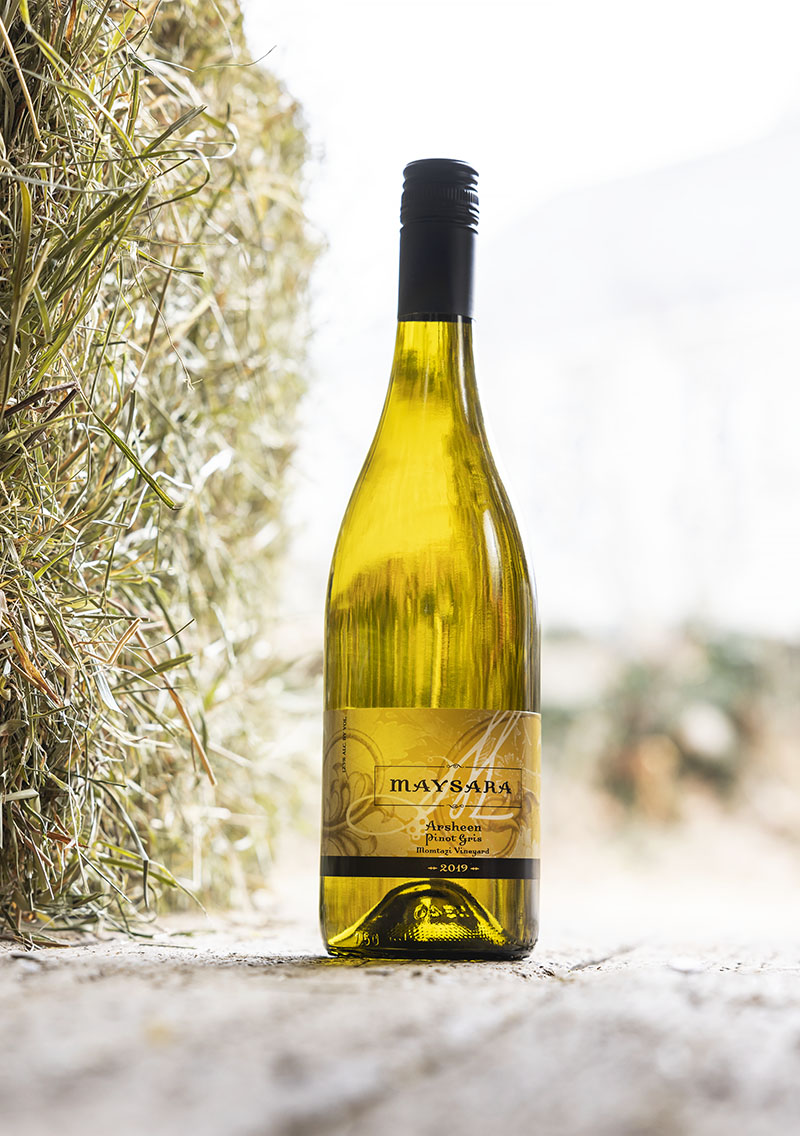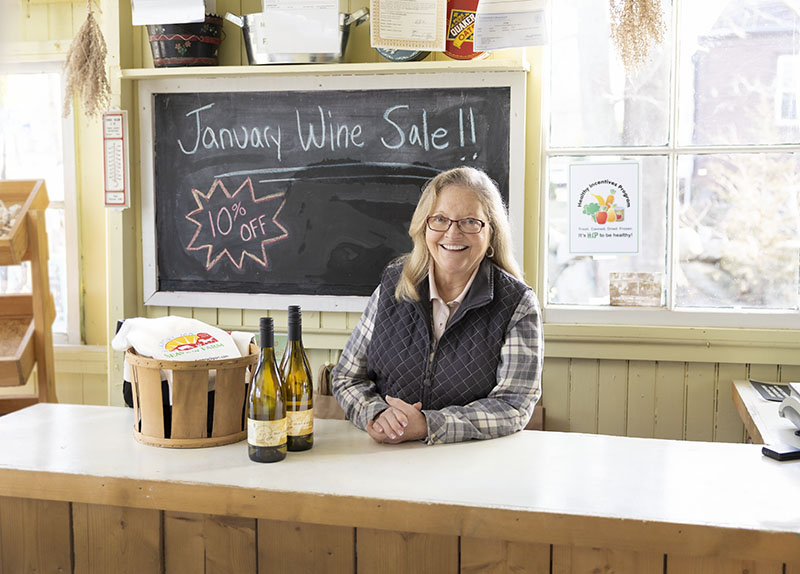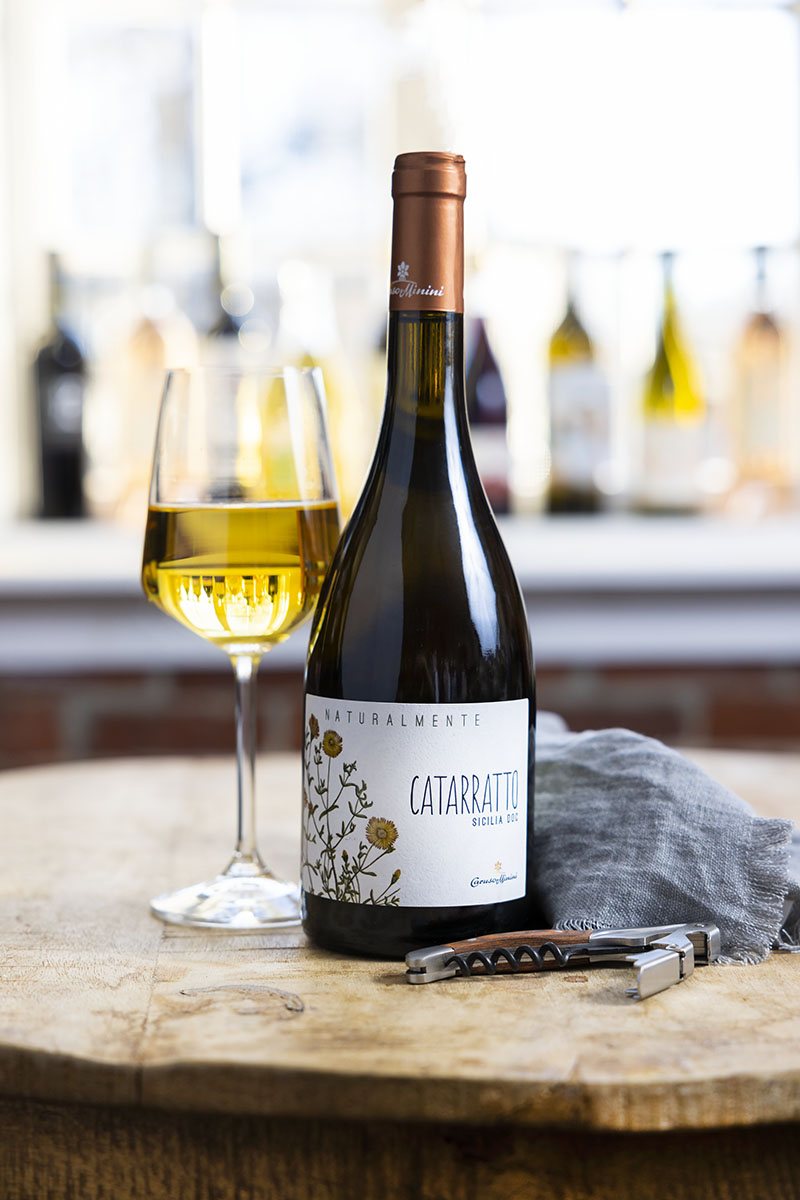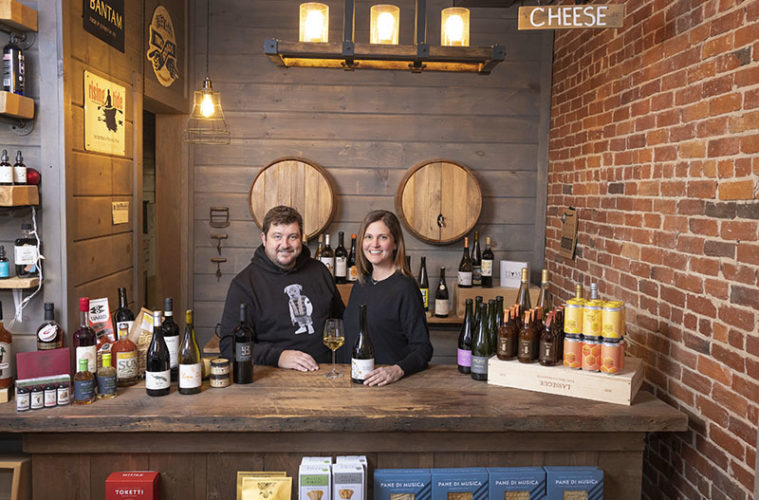A wine’s terroir, its “sense of place,” is the result of the combination of all the factors that go into growing grapes in a vineyard: the climate, soil, topography, and elevation. In essence, this is nature’s articulation, the poetry bequeathed to us in each sniff and taste.
Many a winemaker will say, “Wine is made in the vineyard. Take care of your grapes and the wine will take care of itself.”

Long ago, making wine was an intuitive activity. Sometime in the 1950s, chemicals were introduced to reduce damage to crops in the vineyard. Designated wine qualifications were created by select winemakers to return to expressing terroir in their wines. The subject of these designations—organic, biodynamic, sustainable, natural—is a hot topic, both complex and lengthy.
Organic wine
Briefly, when it comes to organic, labeling a wine “organic” means the wine is made with grapes grown in vineyards without the use of chemicals, herbicides, or pesticides, and without the use of added sulfur. The laws are different from country to country. In the U. S., the aforementioned is the regulation. In Europe, the organic standards are similar except small amounts of additional sulfur are permitted, and the EOCC, the European Organic Certifiers Council, is in charge.
Biodynamic wine
Austrian philosopher Rudolph Steiner is the father of biodynamic farming. Founded in the 1920s, biodynamics is the practice of organic farming, with consideration of the interconnectivity of the universe. It includes lunar cycles and the astronomical calendar to help determine the stages of viticulture, including certain days on which to harvest red and white grapes. Demeter Institute’s notation on a wine’s label lets you know the wine is certified biodynamic.
Natural and sustainable wine
There is no official standard or regulation of wines labeled “natural” or “sustainable.” The use of such labeling is not regulated by law. Environmental responsibility and conscientious practices are paramount, and it is the freedom to make wines purely, and without adhering to rules and regulations as defined by law or certification, that sets these categories apart.
At the end of the day, each designation of a wine as organic, biodynamic, sustainable, or natural is an attempt to get back to basics. It is a quest to be good to both the earth and humankind, to make delicious wines that speak to their terroir with authenticity and soul.
I have chosen five producers, from five fantastic North Shore retailers. My hope is that your visits to your local wine shops will inspire colorful conversations, as well broaden and invigorate your palate.

Seaview Farm and Farmstand, Rockport
Maysara Winery, located in Oregon’s Willamette Valley, has three determined and passionate sisters at the helm, who farm fastidiously. Pinot Gris, savory and herbaceous, and Pinot Noir, whether robust and sparkling or still and Burgundian, set the stage.
Savour Wine & Cheese, Gloucester
The scent alone of Monemvasia Winery’s LALUDI, an ethereal, toned Greek white made from Moschofilero, can expedite a glorious armchair travel to the Peloponnese region. Monemvasia farms a plethora of indigenous varietals, from vineyards that sway but a stone’s throw from the Mediterranean.

Cellar Door, Ipswich
Producer Caruso & Minini hails from the Italian island of Sicily. Varietals Catarratto, Grillo, and Nero d’Avola are each elegant, fragrant, quietly complex, and reminiscent of the rustic purity of the Sicilian landscape.
wine •• sense, Andover
South African producer Thistle & Weed’s grapes are grown within the Western Cape. These at once delicate and complex expressions of single parcel Chenin Blanc and Cabernet Franc speak to the refinement on the rise in South African wines.
The Cheese Shop of Salem, Salem
Kiki & Juan hails from Utiel-Requena in Spain, where Bobal and Macabeo are spirited in nature and vibrant. A skin contact “white,” in particular, with mostly Macabeo, results in a symphony of savory herbs and apricots that will awaken the palate.

